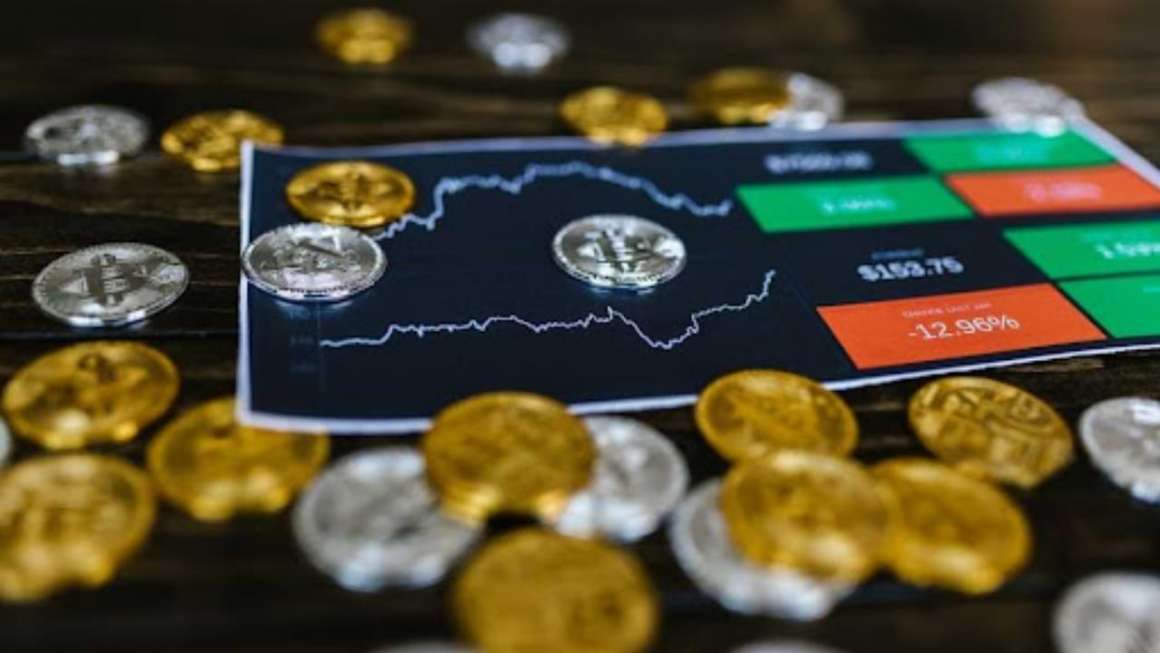Here’s a question: do you trust the banking system?
This might not be something you’ve ever thought of before. In 2013, the banks in Cyprus stole money from account holders.
In the Western World, one may look at the Cyprus incident and think that such an absurdity can’t happen in their native country. But this way of thinking is naive at best and foolish at worst.
When you deposit money in your bank, you’re given another institution ownership of your money. There’s also the worry of your money losing its value.
Here are the banking alternatives you should consider:
1. Online Banks
While online banks still have their issues, you get easier access to your money. If you want to withdraw or transfer your money, you can do so from your computer or smartphone.
You can use an online bank to transfer your money to a payment processor such as Stripe or PayPal. You can then use these payment processors to hold your money.
With online banks, it’s also easier to convert your money to other valuable assets. It’s easier to make online payments to buy precious metals, cryptocurrencies, or foreign currencies.
You’ll also find that online banks have lower bank fees or none at all. They’ll also offer greater customer service than traditional banks.
2. Cryptocurrencies
One of the best banking alternatives is to put some of your money in a different type of currency.
Cryptocurrency has risen in popularity and is now seen as a great method for storing your wealth. In 2020, there was a resurgence in the demand for buying Bitcoin.
This is because cryptocurrencies offer protection that fiat currencies don’t have. Fiat currencies get printed by the central bank of each country. These central banks can print fiat currencies as often as they want.
This can lead to inflation, which devalues the currency. This means that your money loses its purchasing power with each passing day!
You want to consider storing some of your wealth in cryptocurrencies to preserve your purchasing power. Bitcoin remains the best option, so far, for hedging against inflation.
You can go to a cryptocurrency ATM to buy your Bitcoin and store it in a paper wallet. You can check it out to learn more about how a cryptocurrency ATM works.
3. Foreign Currencies
When you travel abroad, you are likely to convert your native currency to the local currency. You might consider spending all this foreign currency before heading home as you no longer have use for it.
But, you might want to hold onto a few Euros, British Pounds, Swiss Francs, or Singapore Dollars!
While most central banks have destroyed their currency’s purchasing power, there are a few offenders who aren’t so bad. There are even a few fiat currencies that have increased their purchasing power over time.
For example, as of this publication, the Euro and British Pound are stronger than the US Dollar.
While these two fiat currencies have also lost their purchasing power, it hasn’t been as bad as the US Dollar. As such, if you hold US Dollars you might want to convert some into Euros or Pounds.
The Swiss Franc has also had a reputation for being a stable currency. Many investors transfer some of their wealth into this currency as they believe its purchasing power will appreciate. The currencies of many Gulf nations such as Kuwait, Oman, and Bahrain are also among the most stable fiat currencies.
You can consider keeping foreign currencies in cash. This cash can get stored in your home or a vault.
You can also consider keeping some foreign currency in a multi-currency bank account. As one can’t completely trust the banks, you want to always consider keeping some foreign currencies in cash.
4. Precious Metals
Another great option for storing your wealth outside of the banking system is to acquire precious metals.
Gold has often been the greatest store of value for most of human civilization. Owning gold is a great way to protect your wealth and to protect against inflation.
You can consider buying gold bullion such as gold rounds or gold bars. If you want to accumulate gold for small purchases, you might want to focus on gold rounds. If you want to accumulate as much weight as possible, you can focus on gold bars.
If you can’t afford gold bullion at present, you want to buy gold jewelry. You can keep your gold at home and keep some in a vault.
Silver bullion is an alternative to buying gold. It’s more affordable and is a great way to preserve your wealth. You can also accumulate silver and later trade it for gold.
Platinum bullion is less popular than gold or silver and is a lot rarer. However, its rarity increases its value. You can buy platinum to store your wealth or to sell later.
You can also consider buying coins and certificates for storing your wealth. For example, you can buy gold coins that have been used as currency.
These are harder to sell as only collectors are interested in them. However, you can still sell them for a great profit. Gold certificates are great for exchanging paper for gold bullion.
5. Community Banks
Now let’s go back to storing your money in a bank. If you’re fed up with large traditional banks, you should consider community banks.
These are small banks that serve a particular locale. This locale can range from a town to a city, or a state. But as these aren’t national banks you can depend on superior customer service.
These banks are less likely to fail and you can ensure that your money is a lot safer. While interest rates won’t be the best, you can ensure better deals for loans and mortgages.
Community banks are also easier for opening accounts. They work to serve their community with as few hurdles as possible. You can also ensure that community banks will help you if you run a small business.
The quality of banking in community banks is far superior in comparison to larger banks. While ATMs aren’t readily available, the quality of these banks is unmatched.
6. Credit Unions
Credit unions are often considered one of the safe alternatives to banking. This is a not-for-profit bank that has a great emphasis on customer service.
They have great deposit protections and low banking fees. These will have a low barrier to opening an account. You’ll also find it much safer to store your money in a credit union.
You’ll have to have a certain union membership to open an account with a credit union. If you qualify you should consider storing your cash in a credit union as opposed to a traditional bank.
7. Brokerage and Investment Accounts
One of the biggest issues with traditional banks is that they aren’t great for growing your wealth. As your fiat currency is losing its purchasing power, you need to ensure you have constant cash flow.
You should opt for opening a brokerage account. This is where you store your money in an account to grow your funds. The brokerage account can get used to investing in stocks, ETFs, or other funds.
You can consider putting some of your wealth in a brokerage account to create a steady cash flow.
You also want to do your research on other investment accounts. You can find Certificate of Deposits or High-Yield Savings Accounts where you can generate high interest on your money.
8. Offshore Banks and Vaults
Do you only keep your money in your local bank accounts? What happens if your country goes the way of Cyprus, as discussed in the introduction?
You want to consider storing some of your wealth in an offshore bank or vault. You might find that an offshore bank offers greater security than your home bank.
You can consider shifting some or all your money to an offshore bank account. You can also find that you’ll get greater financial security and privacy if you keep your money in an offshore bank.
Another option to consider is an offshore vault. In a vault, you can store your tangible assets. These can include cash, precious metals, and hardware or paper wallets for cryptocurrency.
Offshore vaults are also great for protecting your tangible assets. You can also find an offshore vault that offers privacy from government overreach or hackers.
Make sure you do your research on the laws and regulations of protecting your money in an offshore bank or vault. Some countries will require you to report offshore accounts. You should always follow the laws but also ensure where the best place to store your wealth is.
Those Are the Best Banking Alternatives
Now you can choose among these banking alternatives to protect and grow your wealth.
You want to first consider protecting your money’s purchasing power. You can do this by owning cryptocurrencies and stable fiat currencies. Precious metals are another great option for storing wealth.
For storing your money, you can consider community banks and credit unions for protection. These are far superior to traditional banks and offer greater customer service.
You can find more great financial tips on our website!



